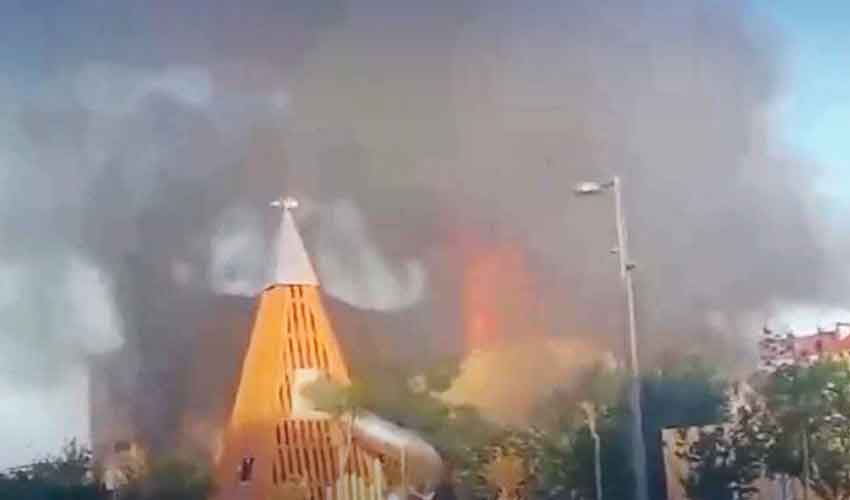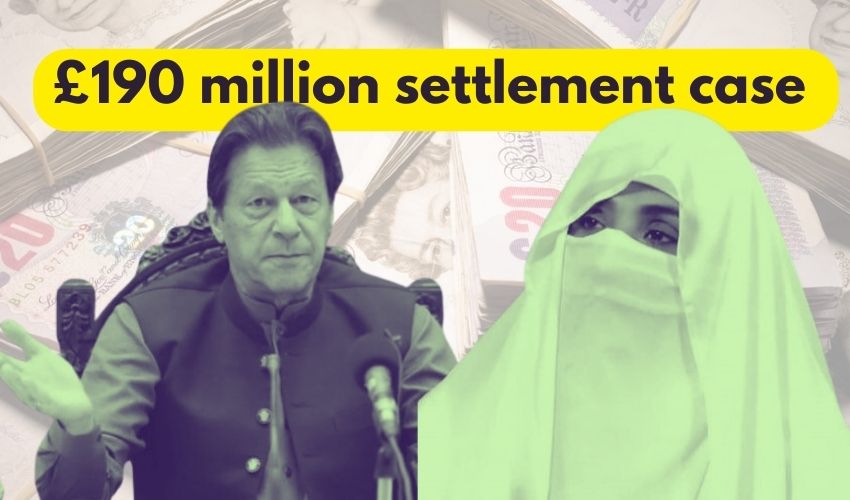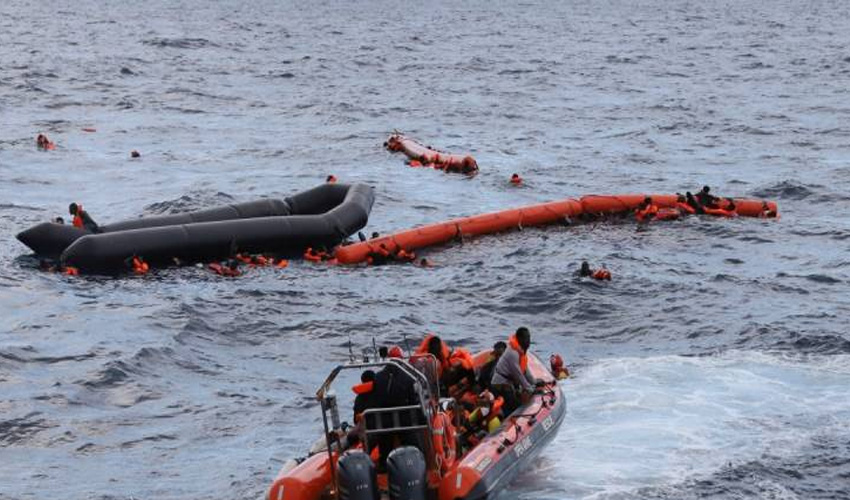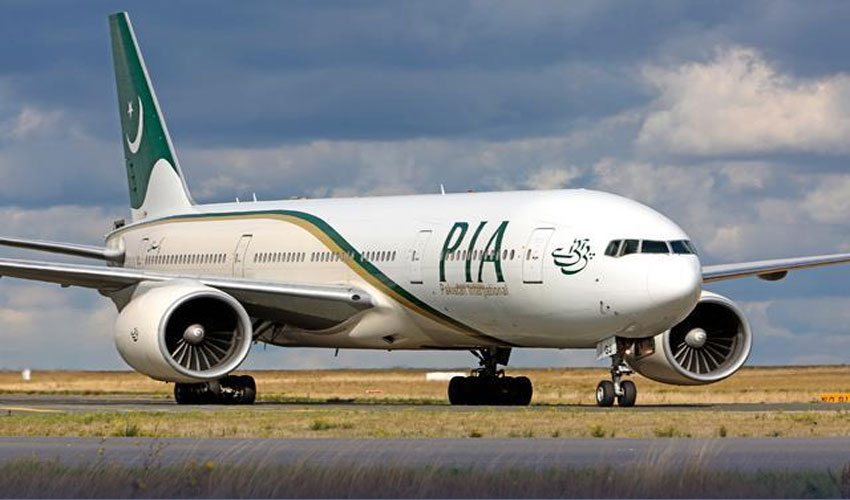According to Russian authorities, gunmen have attacked churches, a synagogue, and a police post in Russia's North Caucasus region of Dagestan, killing at least 15 police and National Guard officers, several civilians, and an Orthodox priest.
At least 12 individuals sustained injuries during the attacks that occurred in the cities of Derbent and Makhachkala on Sunday, the day of Pentecost for the Russian Orthodox Church.
Videos shared on social media and broadcasted on Russian television depicted the skies over Derbent, a predominantly Muslim region, which is home to an ancient Jewish community, engulfed in smoke and flames following the synagogue being set on fire.
Places of worship and the police post were attacked in Makhachkala, the capital of Dagestan and its largest city.
Russia's Investigative Committee has announced the commencement of criminal investigations pertaining to "acts of terror" in Dagestan, a region that borders Chechnya and is considered one of the impoverished regions in Russia.
In the cities of Derbent and Makhachkala, armed attacks were carried out this evening on two Orthodox churches, a synagogue, and a police checkpoint.
According to preliminary information, as a result of the terrorist attacks, a priest from the Russian Orthodox Church and two police officers were killed.
The Russian Orthodox Church reported that its archpriest Nikolai Kotelnikov had been brutally murdered in Derbent.
The attack on the Derbent synagogue occurred about 40 minutes before evening prayers were scheduled to begin.
Boruch Gorin, chairman of Russia's Federation of Jewish Communities, wrote on Telegram that the synagogue in Derbent was on fire. The synagogue in Makhachkala has also been set on fire and destroyed.
Rami Davidov, the Rabbi of Makhachkala, later told the state-run RIA Novosti that no one was killed or injured there.
Dagestan's Ministry of Internal Affairs said that 19 people took shelter inside a church in the city before being led to safety.
Sergei Melikov, the head of the Republic of Dagestan, stated that the six attackers had been "liquidated."
The Russian news agency TASS reported that the gunmen were members of an international terrorist organization, citing law enforcement agencies.
The attackers are still unknown.
Today, in Derbent and Makhachkala, unknown people made attempts to destabilise the public situation, Melikov said.
Police officers from Dagestan obstructed their progress. According to preliminary information, there are several casualties. All services are operating in accordance with the directives. The identities of the attackers are currently being established.
The incidents occur three months after a total of 133 individuals were killed when gunmen opened fire on a rock concert held at the Crocus City Hall located in the outskirts of Moscow. The Islamic State in Khorasan Province, also known as ISKP (ISIS-K), which is based in Afghanistan, has claimed responsibility for the attack, despite Moscow's assertion, which lacks evidence, that Ukraine may have been involved.
Russia's FSB security service announced in April that it had arrested four people in Dagestan on suspicion of involvement in plotting the Crocus City Hall attack.
In its update on the events of June 23, the Institute for the Study of War (ISW) located in Washington, DC, noted that the Russian arm of ISKP's Al-Azaim Media had praised "their brothers from the Caucasus" for demonstrating their capabilities in Dagestan.
"Al-Azaim did not claim credit for the attack itself, and the reference to the Caucasus strongly suggests that Wilayat Kavkaz [ISIL's northern Caucasus branch] is accountable for the attack," ISW stated.
Daniel Hawkins, who reported for Al Jazeera from Moscow, noted that Dagestan experienced unrest in the 1990s and early 2000s.
Hawkins stated that the violence in the region has diminished over the years, elucidating that it has not experienced the kind of conflict that engulfed the neighboring Russian republic of Chechnya, where Russian forces engaged in two brutal wars during the same period.
Hawkins said that this kind of attack that is coordinated and has targeted civilian religious infrastructure is very unusual and will no doubt be shocking to Russians across the country.
In October of the previous year, numerous individuals stormed the airport in Makhachkala in protest of a flight from Israel landing there. At least 60 people were arrested after they broke through security to the runway and began shouting anti-Jewish slogans around the aircraft.



























